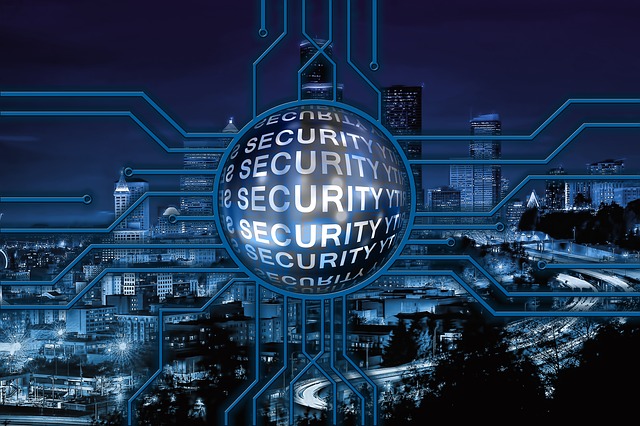Security leadership is an essential part of any organization. It is the responsibility of security leaders to ensure that the organization is secure and that its data and assets are protected. Security leaders must be able to identify and address potential security risks, develop and implement security policies and procedures, and ensure that the organization is compliant with applicable laws and regulations.
Security leaders must have a comprehensive understanding of the organization’s security needs and be able to develop and implement effective security strategies. They must be able to identify potential security risks and develop plans to mitigate them. They must also be able to develop and implement security policies and procedures that are tailored to the organization’s specific needs.
Security leaders must also be able to communicate effectively with all stakeholders, including employees, customers, and vendors. They must be able to explain the organization’s security policies and procedures and ensure that everyone understands them. They must also be able to provide guidance and support to employees and other stakeholders in order to ensure that security policies and procedures are followed.
Security leaders must also be able to monitor the organization’s security posture and identify any potential security risks. They must be able to develop and implement plans to address any identified risks. They must also be able to respond quickly and effectively to any security incidents that occur.
Finally, security leaders must be able to stay up-to-date on the latest security trends and technologies. They must be able to identify and implement new security measures as needed in order to ensure that the organization is secure.
Security leadership is an essential part of any organization. Security leaders must be able to identify and address potential security risks, develop and implement security policies and procedures, and ensure that the organization is compliant with applicable laws and regulations. They must also be able to communicate effectively with all stakeholders, monitor the organization’s security posture, and stay up-to-date on the latest security trends and technologies. By following these guidelines, organizations can ensure that they are secure and that their data and assets are protected.

























Bluehost: It is one of the most popular hosting providers, recommended by WordPress. They offer a user-friendly interface, excellent uptime, and 24/7 customer support.
DreamHost: DreamHost is a well-established hosting provider, known for its solid uptime and fast-loading websites. They offer a wide range of hosting options, including shared, VPS, and dedicated hosting. http://webward.pw/.